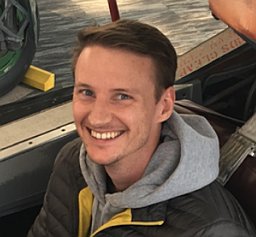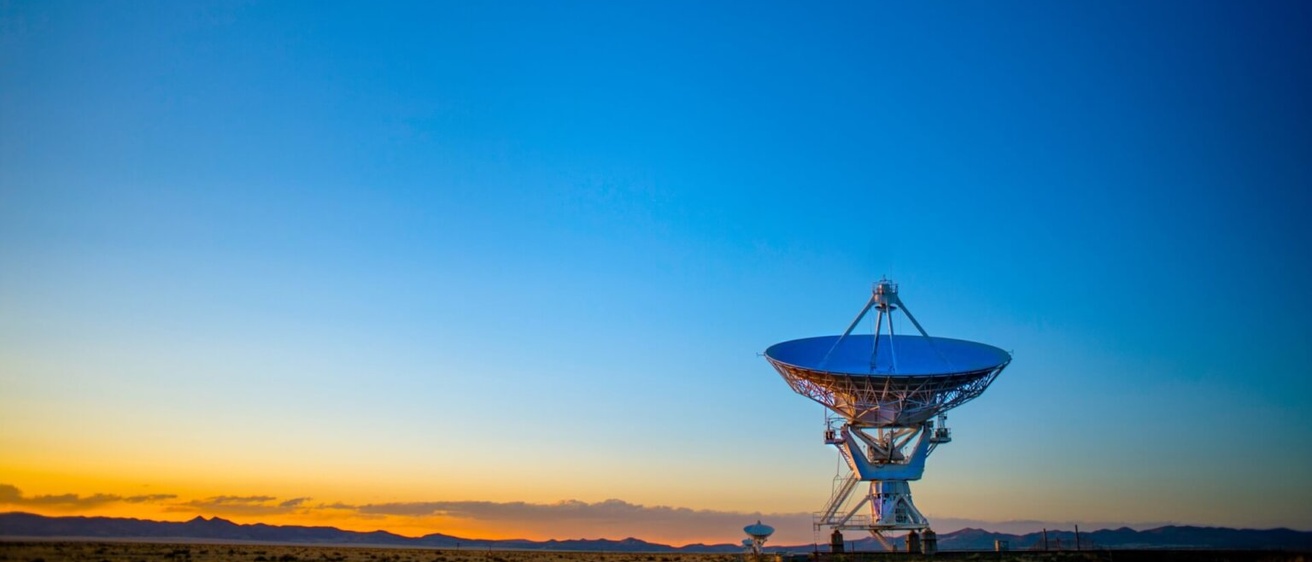International Programs at the University of Iowa has awarded a travel grant to Assistant Research Scientist/Engineer David Hartley to give two presentations on his research at the 4th International Union of Radio Science (URSI) Atlantic Radio Science Meeting (AT-RASC) May 19-14, 2024 in Gran Canaria, Spain.

Dr. Hartley will present research on two topics. Firstly, "The Link Between Whistler-Mode Wave Properties and the Cold Plasma Density" addresses the critical role that cold plasma density plays in observed wave properties and their propagation characteristics. He will present statistics showing wave properties as a function of the plasma density, and gradients in the plasma density, a different approach to the typical spatial parameterization. Hartley will also discuss wave properties in cases where the plasmapause is not defined by a sharp density gradient at the boundary. These cases are often disregarded, but account for ~50% of occurrences, therefore introducing potential bias towards more extreme wave events, leading to more extreme particle scattering, acceleration, and precipitation in radiation belt modeling codes.
His second presentation is: "Van Allen Probes and Arase Observations of the Plasma Density at low L: Model Development and Comparisons with Ionospheric Radar and Sounder Data." In this work, he will present the details of a new empirical plasma density model for the inner zone (1 < L < 3), explore additional dependencies that have been identified for inclusion in future model developments (e.g., F10.7, Season, etc.), and compare to the output of ionospheric models in the regions where the two overlap. He will conduct direct comparisons of the hiss-inferred density from Van Allen Probes with ground-based ISR data and ionospheric sounders.
Dr. Hartley is also a convener for two sessions at AT-TRASC 2024: "H02: Plasma waves, wave-particle interactions, and their multifold effects on the radiation belts" and "H09: Tribute to Craig Kletzing - his fascination with plasma waves and the upcoming TRACERS mission", which will honor the legacy of renowned University of Iowa Physics Professor Craig Kletzing, with whom Dr. Hartley worked from 2015 up until his passing last year.
